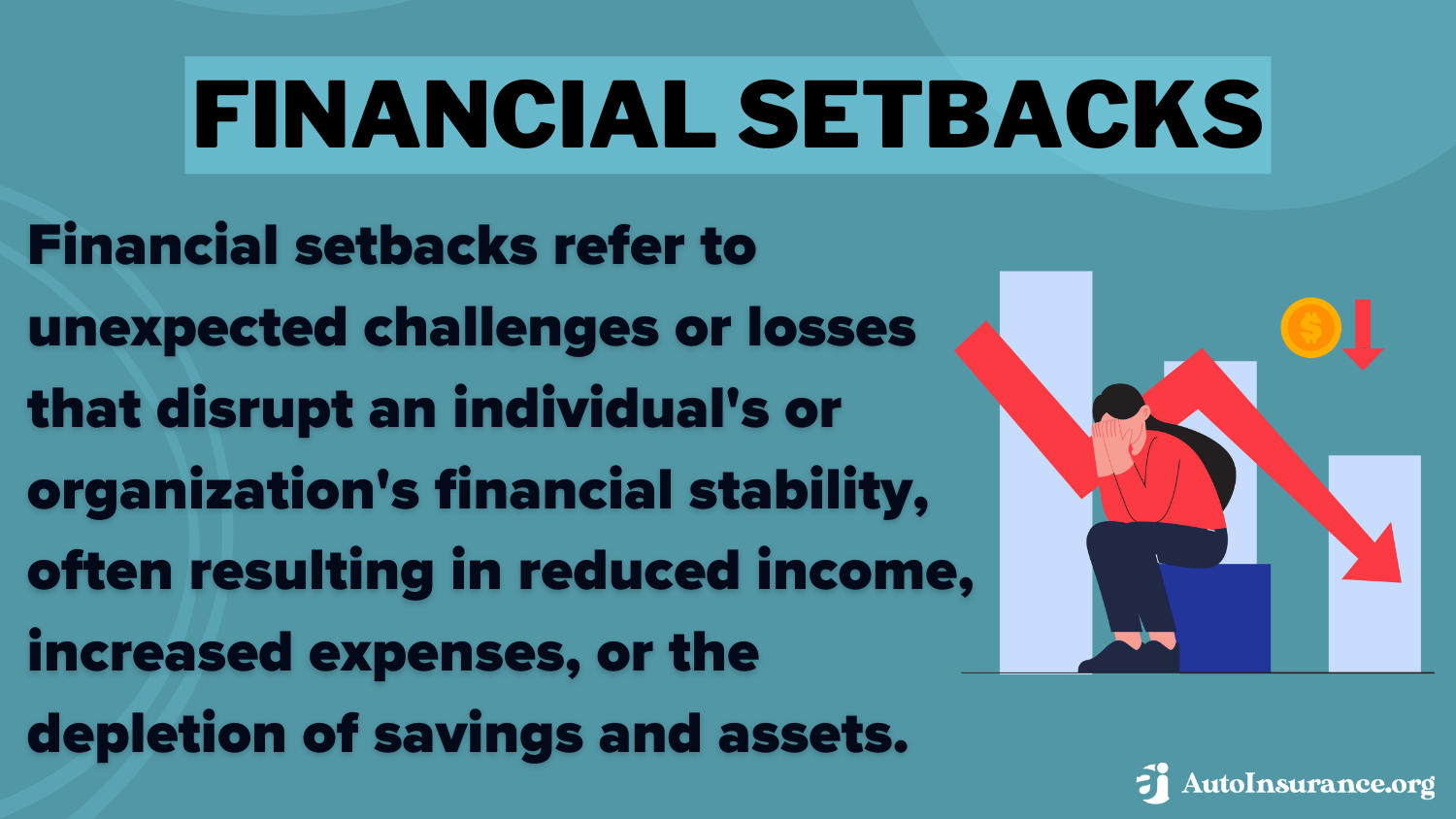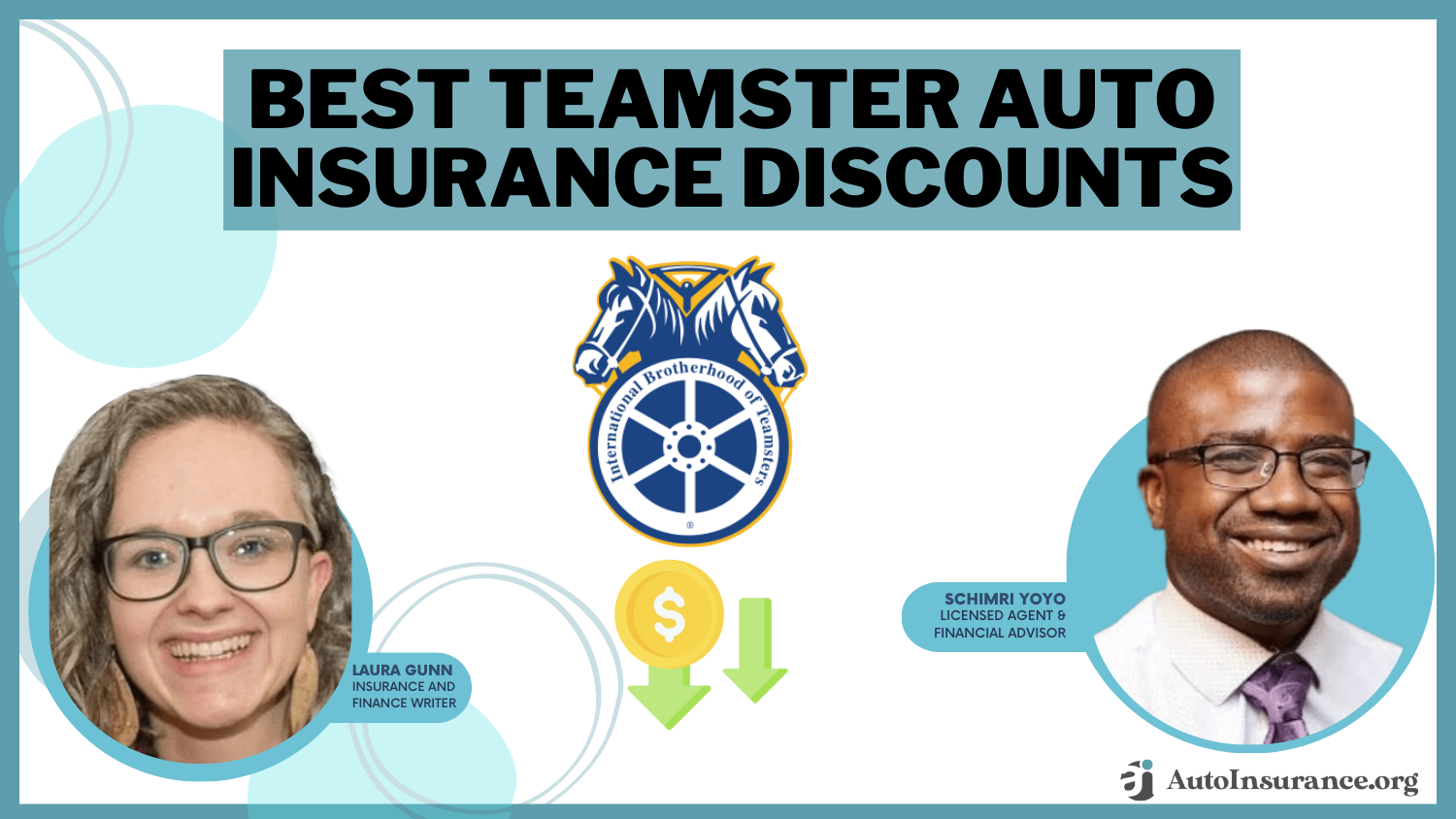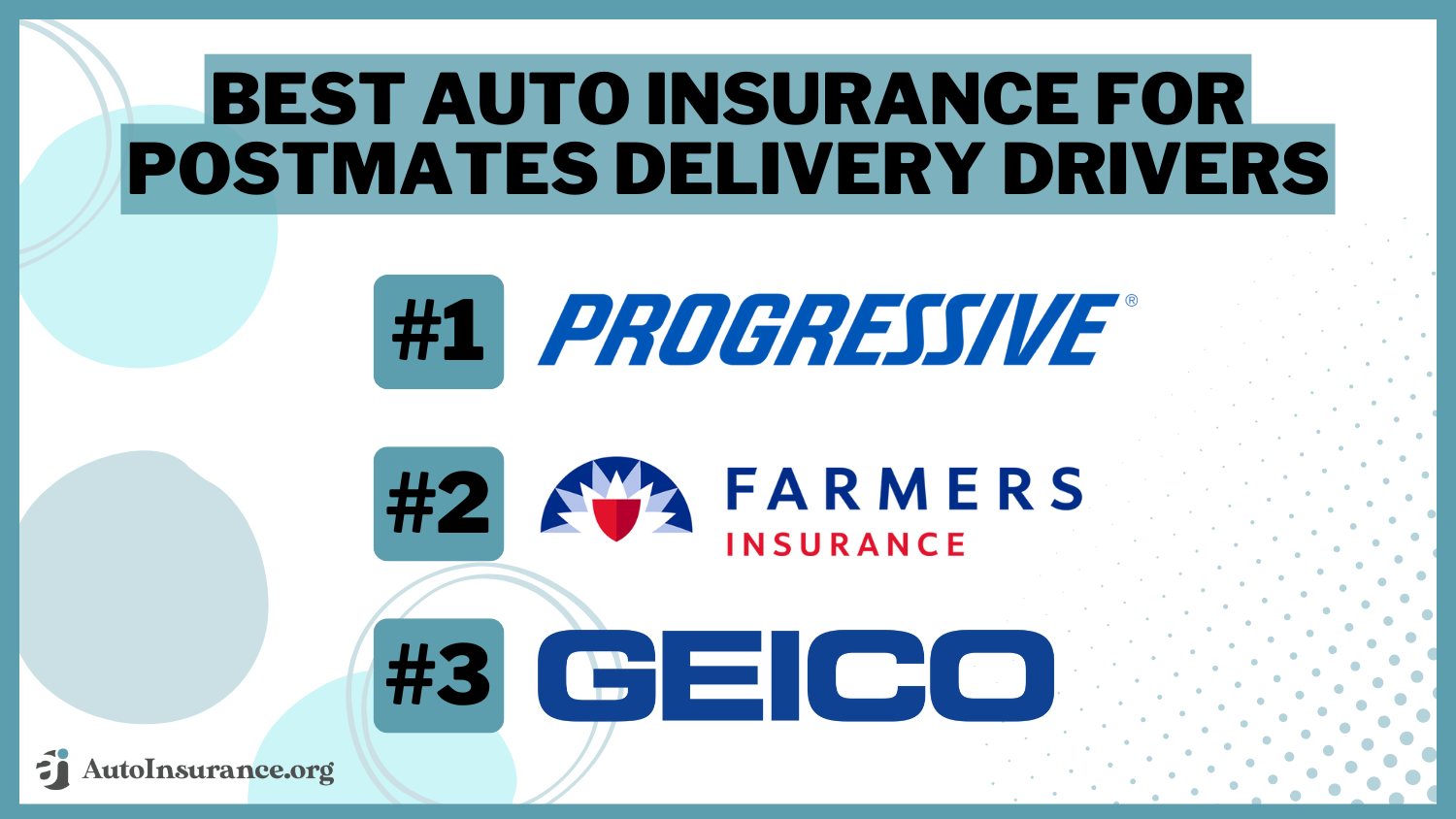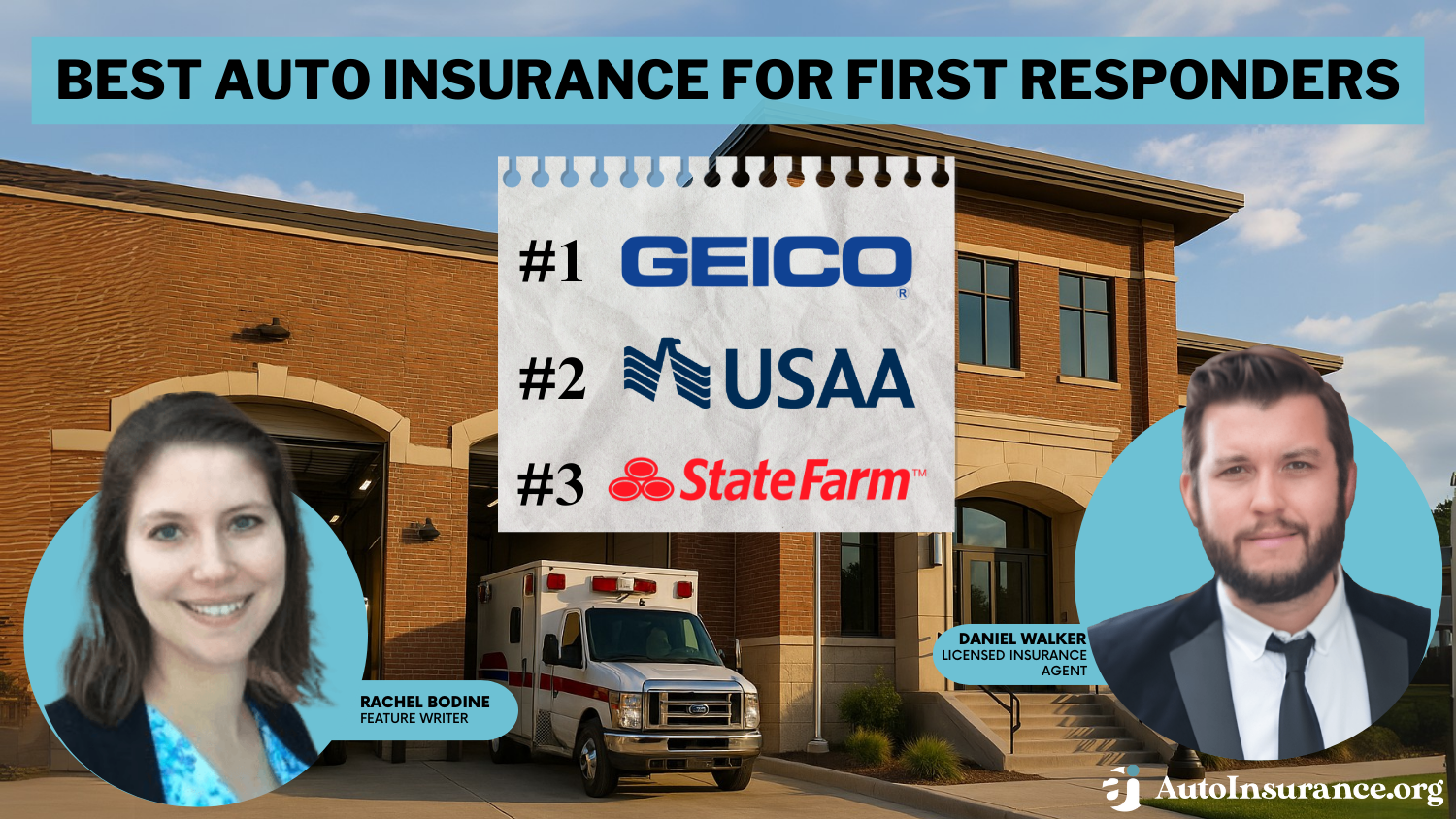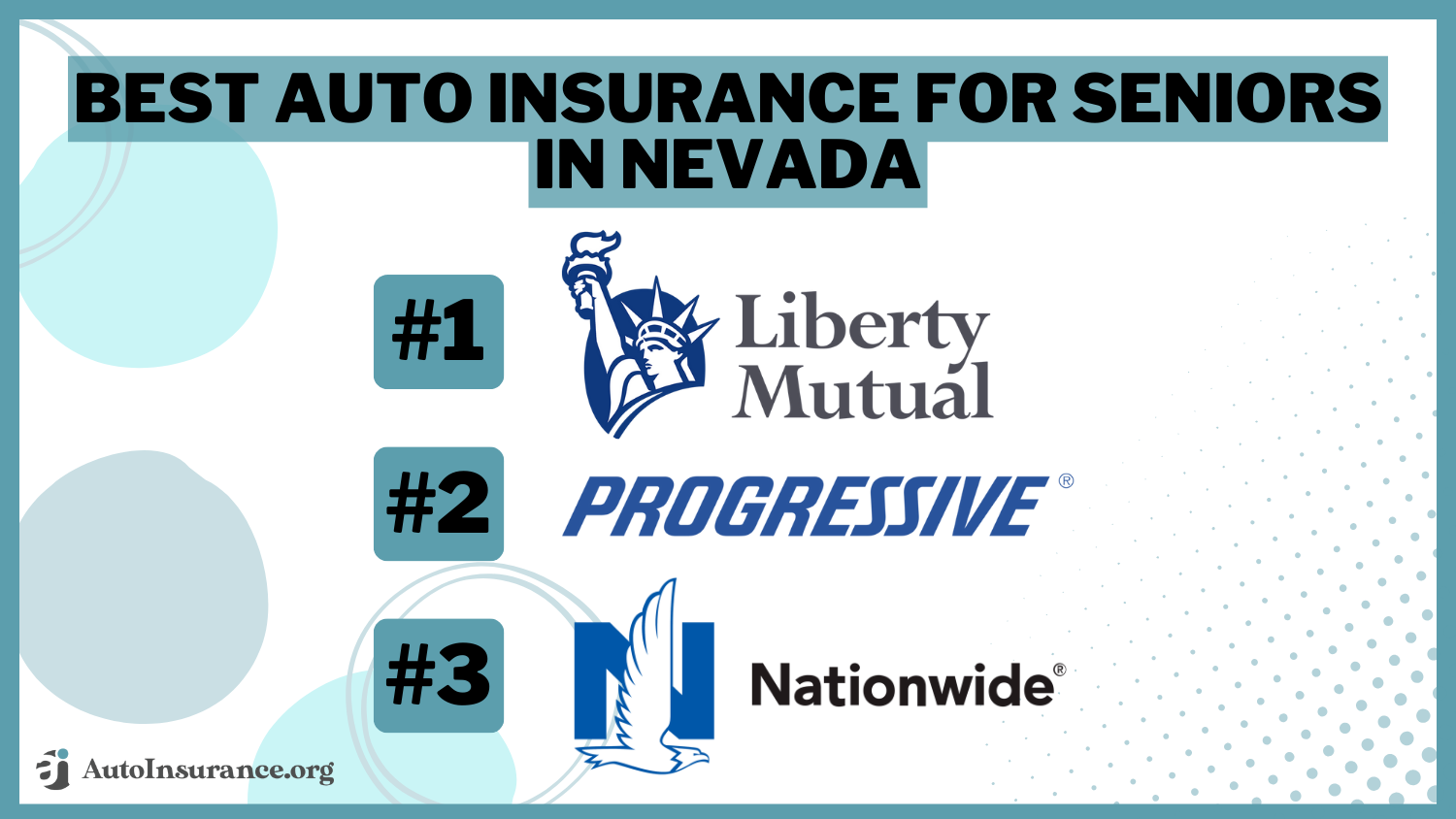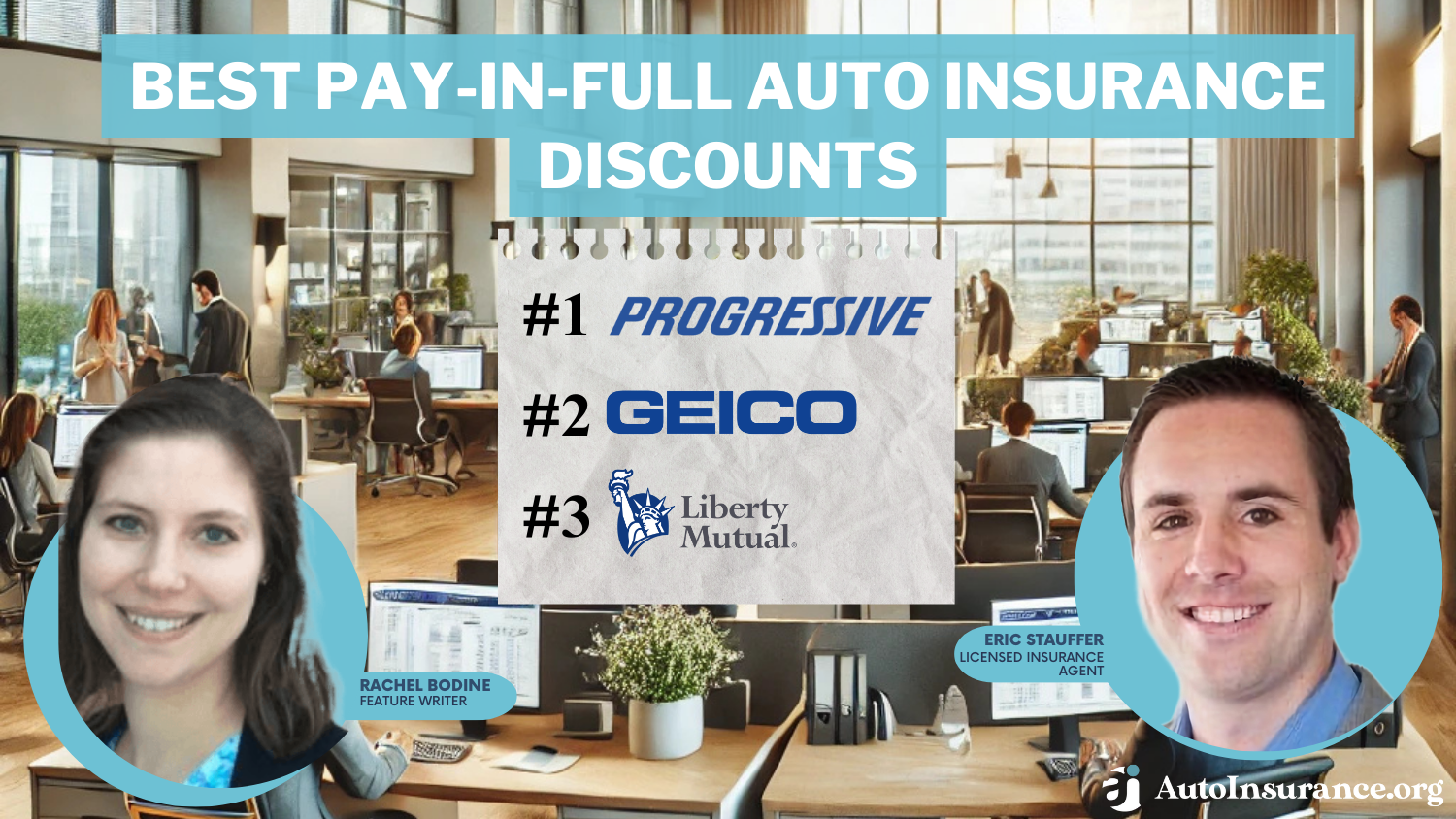How to Choose an Auto Insurance Company in 2026 (Follow These 5 Steps)
How you choose an auto insurance company is by evaluating its reputation, coverage options, financial stability, and discounts. A recent study found that 73% of drivers saved money by comparing car insurance quotes. Choosing a car insurance company also involves assessing customer service for timely claims support.
Read more Secured with SHA-256 Encryption




Find the Lowest Car Insurance Rates Today
Quote’s drivers have found rates as low as $42/month in the last few days!
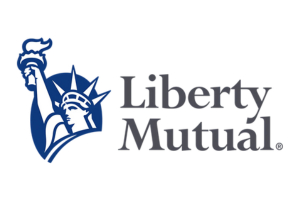
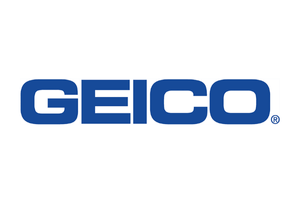
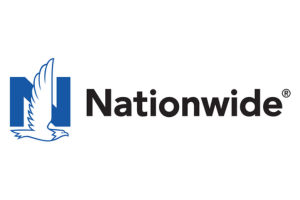
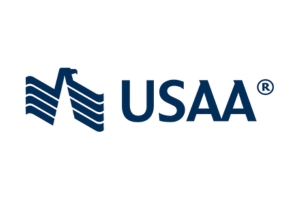
Table of Contents
Table of Contents


Insurance and Finance Writer
Luke Williams is a finance, insurance, real estate, and home improvement expert based in Philadelphia, Pennsylvania, specializing in writing and researching for consumers. He studied finance, economics, and communications at Pennsylvania State University and graduated with a degree in Corporate Communications. His insurance and finance writing has been featured on Spoxor, The Good Men Project...
Luke Williams


Licensed Insurance Agent
Michelle Robbins has been a licensed insurance agent for over 13 years. Her career began in the real estate industry, supporting local realtors with Title Insurance. After several years, Michelle shifted to real estate home warranty insurance, where she managed a territory of over 100 miles of real estate professionals. Later, Agent Robbins obtained more licensing and experience serving families a...
Michelle Robbins
Updated June 2025
How to choose an auto insurance company involves assessing coverage options, evaluating financial stability, and comparing rates to find the best fit for your needs. You should consider customer reviews and auto insurance company ratings, as 73% of drivers save money by shopping around.
When choosing an auto insurance company, customer service and claims handling policy flexibility are essential factors to consider. Understanding these elements is crucial for knowing how to file an auto insurance claim effectively and ensuring you have the right coverage for your needs.
- Step #1: Research Reputation – Investigate customer reviews and ratings
- Step #2: Compare Coverage Options – Assess the variety of coverages offered
- Step #3: Assess Financial Stability – Check financial ratings for reliability
- Step #4: Consider Discounts – Look for discounts to reduce your premium
- Step #5: Evaluate Customer Service – Examine the quality of customer support
This guide will help you navigate the process effectively, empowering you to make an informed choice. Get started on how to choose an auto insurance company by entering your ZIP code above to compare full coverage auto insurance rates.
5 Steps for Choosing an Auto Insurance Company
Selecting the right auto insurance company is crucial because it greatly influences your financial security, the quality of customer service you experience, and how to manage your auto insurance policy effectively. Reading up on this topic can help you make informed decisions that enhance your overall experience.
With so many providers offering a range of coverages, pricing structures, and customer benefits, knowing how to evaluate your options can save you both time and money. Below are five detailed steps to guide you in making an informed decision.
Step #1: Research Reputation
Begin by investigating the reputation of a list of car insurance companies you are considering. This step is vital because a company’s reputation provides insight into its customer service, claims handling, and overall reliability.
When learning how to choose an auto insurance company, always prioritize researching their reputation to ensure you're making a sound investment.Daniel Walker Licensed Auto Insurance Agent
Look for customer reviews, testimonials, and ratings from reputable sources like JD Power or the Better Business Bureau. Also, evaluate how efficiently the company manages claims, particularly focusing on the process of a comprehensive auto insurance claim, and whether policyholders share consistent, positive experiences.
A strong reputation ensures that the auto insurance company will be trustworthy when you need assistance most, which is key for long-term satisfaction.
Step #2: Compare Coverage Options
It’s important to assess the coverage options each auto insurance provider offers. Some companies may provide only basic liability coverage, whereas others might offer full coverage auto insurance that includes additional benefits like roadside assistance, rental reimbursement, and protection against uninsured motorists.
Be sure that the insurance company you choose has specific coverages that cater to your requirements. This step is crucial because having the right coverage shields you from unexpected financial setbacks due to accidents, theft, or damage to your vehicle, making it a fundamental part of your decision-making process.
Additionally, consider looking at car insurance ratings to gauge the reliability and service quality of the insurers you’re evaluating.
Step #3: Assess Financial Stability
Determining the financial stability of an auto insurance company is essential for making a wise decision. You can assess a provider’s financial ratings through organizations like AM Best or Standard & Poor’s, which analyze a company’s ability to fulfill claims.
Opting for a company with strong financial health, such as the best-rated car insurance, ensures that your claims will be processed even during widespread accidents or natural disasters.
This step is vital to protect yourself from the risk of dealing with an insurer who may struggle to cover your claims when it counts, keeping you safeguarded under any circumstances.
Additionally, if you’re wondering if you should pay your auto insurance in full, a financially stable insurer can provide peace of mind in knowing they’ll be reliable when you need them most.
Step #4: Consider Discounts
Review the car insurance categories list to find various discounts and savings options offered by different auto insurance providers. Many insurers provide the best auto insurance discounts for safe driving records, bundling home and auto insurance, or membership in specific organizations.
Common Auto Insurance Discounts and Eligibility Criteria
| Discount | Description | Eligibility Criteria |
|---|---|---|
| Affiliation | Discounts for group memberships | Proof of group or military membership |
| Anti-Theft Device | Savings for anti-theft tech | Equipped with qualifying devices |
| Bundling | Combine policies for a discount | Auto + another policy (e.g., home) |
| Defensive Driving | Savings for course completion | Complete an approved course |
| Good Student | Discount for high grades | “B” average or higher, under 25 |
| Low Mileage | Reduced rates for less driving | Drive under 7,500-10,000 miles/year |
| Multi-Vehicle | Insure multiple cars | Two or more vehicles |
| Paperless Billing | Save with electronic billing | Opt for e-bills and auto-pay |
| Pay-in-Full | Pay upfront for a discount | Full annual payment |
| Safe Driver | No accidents or violations | Clean record for 3-5 years |
This step is essential because choosing an auto insurance company that offers significant discounts can lower your overall premium costs and make insurance more affordable in the long term.
By taking advantage of these savings, you will not only stick to your budget but also ensure you are getting the best value for your investment.
Step #5: Evaluate Customer Service
Assess the level of customer service and support provided by the auto insurance companies you are evaluating. A reliable insurance company should offer quick responses, ensure easy access to representatives, and streamline the claims process. Look for providers with 24/7 customer support or online tools that allow you to manage your policy effectively.
When selecting an auto insurance company, evaluating customer service is crucial to guarantee you get the assistance you need for claims and policy management.
This step is important because excellent customer service can significantly enhance your experience during stressful times, such as filing claims or making adjustments to your policy, which is essential when determining how to choose an auto insurance company and creating a car insurance grade list to see where to compare auto insurance rates.
By following these five detailed steps, you’ll be well-prepared to choose the right auto insurance company. Remember, this decision impacts not only your current financial protection but also your long-term security in case of accidents or vehicle damage.
Free Insurance Comparison
Compare Quotes From Top Companies and Save
Secured with SHA-256 Encryption
Understanding How to Choose an Auto Insurance Company Based on Coverage Needs
Before selecting an auto insurance company, it’s crucial to determine your specific coverage needs. Consider aspects such as the type of vehicle you own, your driving habits, and whether you require extra protection, like comprehensive or collision coverage.
Evaluating your unique situation will help you find a list of car insurance companies that provide policies tailored to your needs. Additionally, understanding how much car insurance do you need will further guide your selection process.
Key Factors to Consider When Choosing an Auto Insurance Company
Selecting the right auto insurance company involves careful consideration of several critical factors. This is essential for understanding auto insurance deductibles and ensuring you choose a policy that meets your needs.
When choosing auto insurance, is cheapest really the best option?
byu/qdp inFrugal
Reading this guide will help you make an informed decision and avoid any unexpected issues later on.
- Policy Terms and Conditions: Examine the policy terms closely, as they can vary significantly between providers.
- Coverage Limits and Exclusions: Understand the coverage limits and any exclusions to ensure you have the protection you need.
- Auto Insurance Deductibles: Pay attention to the deductibles associated with your policy, as they impact your out-of-pocket expenses during a claim.
- Clarity of Language: Look for policies that use clear and straightforward language to avoid confusion about your coverage.
- Gaps in Protection: Assess any potential gaps in coverage and consider if you need additional options to fill those gaps.
By keeping these factors in mind, you can choose an auto insurance company that best fits your needs and offers the protection you deserve. Understanding auto insurance deductibles and policy specifics will empower you to make a decision that supports your financial security and peace of mind.
Evaluating Customer Experience When Choosing an Auto Insurance Company
When it comes to choosing an auto insurance company, understanding the customer experience is vital. Investigate the experiences of current and former policyholders by reviewing testimonials and ratings.
This will offer insight into the claims process, how responsive the company is, and the overall satisfaction levels among users. Selecting one of the most popular auto insurance companies known for exceptional customer service can greatly improve your insurance journey.
Additionally, knowing what is an auto insurance policyholder can further inform your decision and help you understand your rights and responsibilities.
Free Insurance Comparison
Compare Quotes From Top Companies and Save
Secured with SHA-256 Encryption
Wrap-Up: Steps to Choose an Auto Insurance Provider
Selecting an auto insurance company involves careful consideration of various factors to ensure you find the best option for your needs. Start by evaluating your coverage requirements based on your vehicle and driving habits.
When learning how to choose an auto insurance company, follow these key steps to ensure you find the best provider for your needs.
Then, compare quotes from various providers to identify the cheapest auto insurance companies, while also assessing the types of coverage they offer. Pay close attention to important factors such as policy terms, customer ratings, and the company’s reputation for efficiently handling claims.
By following these steps, you can confidently choose an auto insurance provider that aligns with your budget and delivers reliable service and comprehensive protection. Find affordable auto insurance rates from top providers by entering your ZIP code below as you learn how to choose an auto insurance company.

Frequently Asked Questions
How to choose an auto insurance company?
Selecting the right auto insurance company is crucial for protecting yourself and your assets on the road. With many options available, it’s important to take a thoughtful approach to ensure you find a provider that meets your needs.
- Determine your coverage requirements based on your vehicle, driving habits, and budget.
- Obtain quotes from multiple insurers to find competitive rates.
- Ensure the policies cover essential aspects like liability, collision, and comprehensive insurance.
- Research customer reviews and ratings to gauge the company’s reputation and service quality.
- Contact the insurer to assess their responsiveness and customer support.
By adhering to these five steps, you’ll be able to make a well-informed decision and find the best auto insurance companies that align with your lifestyle and financial needs. Reading this will help you understand how to evaluate your options effectively and choose the coverage that suits you best.
Are there people who can help you choose car insurance unbiasedly?
Yes, independent insurance agents or brokers can help you choose car insurance unbiasedly. They represent multiple insurance companies and can provide personalized recommendations based on your needs without being tied to a specific insurer. Additionally, consumer advocacy groups or online comparison tools can offer guidance and comparisons to help you make an informed decision.
What insurance company should I choose?
The best insurance company for you will depend on your specific needs, such as coverage options, premium costs, customer service ratings, and financial stability. Research and compare several providers, including well-known companies like Geico, State Farm, Progressive, and Allstate, to find the one that best fits your requirements and offers the most suitable coverage for your situation.
What factors should I consider when choosing auto insurance?
Consider factors such as coverage options, premiums, deductibles, customer service, and the insurer’s reputation. Find affordable auto insurance rates from top providers by entering your ZIP code below as you learn how to choose an auto insurance company.
How can I get the best rate on my auto insurance?
To get lower rates, it’s essential to compare quotes from various companies, seek out discounts, and keep a clean driving record. This approach is crucial for understanding how to compare auto insurance quotes effectively, ensuring you find the best coverage at the most affordable price.
Is it better to choose a local or national insurance company?
Both options have pros and cons. Local companies may offer personalized service, while national companies often provide more extensive resources and technology.
What is the difference between liability and full coverage insurance?
Liability insurance covers damages you cause to others, while full coverage includes both liability and coverage for your own vehicle’s damages.
How often should I review my auto insurance policy?
It’s recommended to review your policy annually or whenever you experience major life changes, such as moving, buying a new car, or getting married.
Can I bundle my auto insurance with other types of insurance?
Yes, many insurance providers provide discounts when you bundle auto insurance with home, renters, or life insurance. This is crucial to understand how to save money by bundling insurance policies, as these savings can significantly lower your overall premiums.
What should I do if I have an accident?
Report the accident to your insurance company as soon as possible, and provide them with all necessary details and documentation.
Are there specific insurance companies that cater to high-risk drivers?
Get a FREE Quote in Minutes
Insurance rates change constantly — we help you stay ahead by making it easy to compare top options and save.


